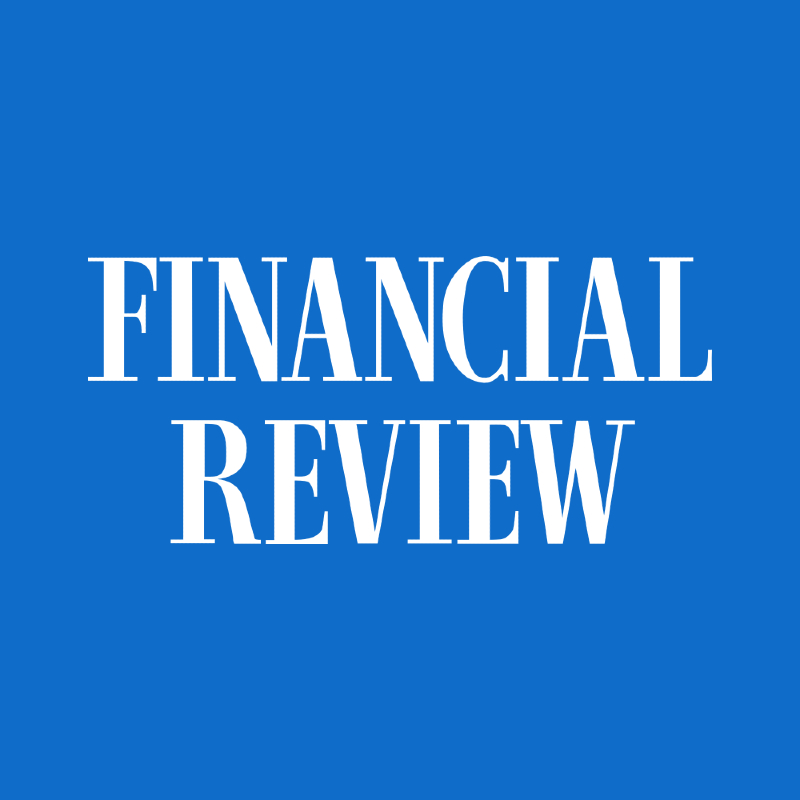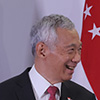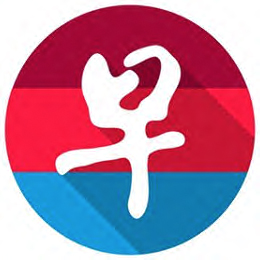Remarks by Prime Minister Lee Hsien Loong at the Q&A segment during the joint press conference with Australia Prime Minister Anthony Albanese for the 9th Singapore-Australia Annual Leaders’ Meeting on 5 March 2024. PM Lee was also in Melbourne to attend the ASEAN-Australia Special Summit.

Australia Financial Review: In the past, you have spoken about your support for China joining the CPTPP free trade agreement. As we speak though today, China is continuing to impose trade restrictions on a number of Australian products, including lobster, wine and beef. Do you believe China should not be able to join the CPTPP until these trade sanctions are lifted?

PM Lee Hsien Loong: I was asked this question about China joining the CPTPP the last time I was doing a leader’s meeting that was in Canberra. My answer then holds. The CPTPP is an open trade organisation; it is meant to allow accession of new members and we therefore welcome China to apply and join, provided it meets the standards and requirements of the CPTPP, and also provided it is able to work out arrangements with all the CPTPP members, because decisions are made by consensus.
It is not for me to comment on trade restrictions and issues between Australia and China. I am aware there are issues with lobster, beef and wine. I know that there were more than these issues before and some of the restrictions have lapsed or have been lifted. And I read your trade minister saying that it looks reasonable that remaining restrictions will be worked out within this year, I hope it is so. And I hope that Australia and the other members will be able to work things out with China. These are bilateral issues which they have to resolve, so that a consensus decision on membership can be made in due course.

Lianhe Zaobao: How do you view Australia’s role in the regional security architecture?

PM Lee: I think Australia has a very important role in the region. It has done so for a very long time since the Second World War. Post-war, during the Malayan emergency, Australian troops fought them in Malaya. After enduring Malaysia, Australian troops were involved in Konfrantasi.
After Singapore became independent, Singapore and Malaysia formed the FPDA, Australia is a member of the FPDA (Five Power Defence Arrangements) and still has Air Force detachments regularly sent to FPDA and the FPDA commander remains an Australian Air Vice-Marshal. Australia and Singapore have a long defence cooperation bilaterally; in visits, training facilities, also operations together in Afghanistan. We have also deployed together in East Timor around the time of its independence. Australia continues to have a vested interest in the stability and security of Southeast Asia and Asia Pacific more broadly, because it affects Australia and Australia is able to make a contribution to it. We hope that this will continue for a long time to come.
The defence cooperation between Singapore and Australia is important. It is a significant part of the CSP. We deeply appreciate our training area at Shoalwater Bay and we are grateful that we are working with Australia to develop a new training area at Greenvale, also in Queensland, it will take a little longer than we had hoped, but we are working through the issues. We also have other significant detachments here, Air Force detachments in particular, including in Pearce and in Oakey. And on the other side, we welcome Australian ships and aircraft to visit Singapore, which they do. I have said before and I repeated to the Prime Minister on this visit, that when the Australian new submarines are ready, we welcome them to visit Changi Naval Base in due course.

Capital Brief: Thank you to both Prime Ministers for the opportunity. We have seen in recent days, some countries within ASEAN are willing to go a lot more public in expressing their concerns about China's actions in the South China Sea. I was wondering, for example, we have seen the Philippines President say that they are very willing to push back against China but the Malaysian Prime Minister say they have got no problem with China, and some Western countries are succumbing to China-phobia.
I was wondering how both of you are managing those differences as you put together the outcomes document for this summit on the South China Sea, and can you also provide an update for how negotiations are going with China on the Code of Conduct for the South China Sea?

PM Lee: ASEAN countries have a common position on the South China Sea but we also have different national perspectives, and going beyond the ASEAN common position, different national positions. That national positions are different because our situations are different. Some ASEAN countries do not even have a littoral on the South China Sea, they do not face the South China Sea.
For example, Myanmar, they are on the Indian Ocean, the Andaman Sea. Some ASEAN countries like Singapore do not have claims in the South China Sea, but we have an interest in freedom of navigation and the application of international law, including the United Nations Convention on the Law of the Sea (UNCLOS) on South China Sea issues, because it is a vital artery for international trade for us.
Other countries, there are four ASEAN members who have claims, who are claimant states in the South China Sea and these claims overlap with each other and overlap with claims by China. And so, the positions we take on those claims are different, depending on where we stand. And Singapore takes no position on the claims but we have a strong view on international law and on freedom of navigation, which we have stated many times. You can look it up and it has not changed.
On the Code of Conduct, that is the common position of the ASEAN members that we should negotiate a Code of Conduct on the South China Sea with China. Negotiations have been underway. They are taking some time. They have reached a point – I think the third reading of the Single Negotiating Text – but to negotiate and to settle the Code, I believe will take some time.
The issues are not easy to resolve and really, negotiating a code of conduct inevitably raises issues of what the ultimate outcomes are going to be. And therefore, because the ultimate answers are difficult, so too negotiating the Code will take quite some time.

Sydney Morning Herald: Prime Minister Lee, I want to ask you about Taylor Swift who is in Singapore right now. I am sure that is very exciting. Our Prime Minister went and saw her when she was here in Australia. Can you confirm reports that Singapore paid for an exclusive arrangement for her not to play in another Southeast Asian nation? And how do you respond to comments from some other Southeast Asian political leaders that it undermines the spirit of cooperation of ASEAN to have such an exclusive deal? Are you encountering any bad blood here from other Southeast Asian nations?

PM Lee: Taylor Swift is performing in Singapore. Our agencies negotiated an arrangement with her to come to Singapore and perform, and to make Singapore her only stop in Southeast Asia. There were certain incentives provided to her from our tourism (recovery) fund – it was the post-COVID-19 fund to revive tourism after COVID–19 and a deal was reached. So, it has turned out to be a very successful arrangement.
I do not see that as being unfriendly. Sometimes one country makes a deal, sometimes another country does. I do not explicitly say you will come here, only on condition that you will go other places. She came to Sydney. I think she had a very successful concert in Sydney. I do not know what the arrangements were, but I am sure that mutually acceptable, sensible arrangements were made. If that is what needed to be done to get an outcome which is mutually beneficial, and which from Singapore's point of view, serves not just to grow the economy, but also to bring in visitors and goodwill from all over the region, I do not see why not. If we had not made such an arrangement, would she have come to someplace else in Southeast Asia or more places in Southeast Asia? Maybe, maybe not. These are things that she will decide.

The Straits Times: In the year with multiple elections, all eyes are looking towards the United States (US) in November, how prepared are both Singapore and Australia for a US president that might not share the same views in terms of trade and its benefits, and what kind of pre-emptive steps are being taken, if any?

PM Lee: We do not decide the US elections. We do not vote in them. Of course, the outcome will affect the world, so we watch and follow closely. But it is a US process, and we respect whatever comes out from it. We will work with the outcomes and with whoever is the President of the United States. Thank you.
Explore recent content
Explore related topics

